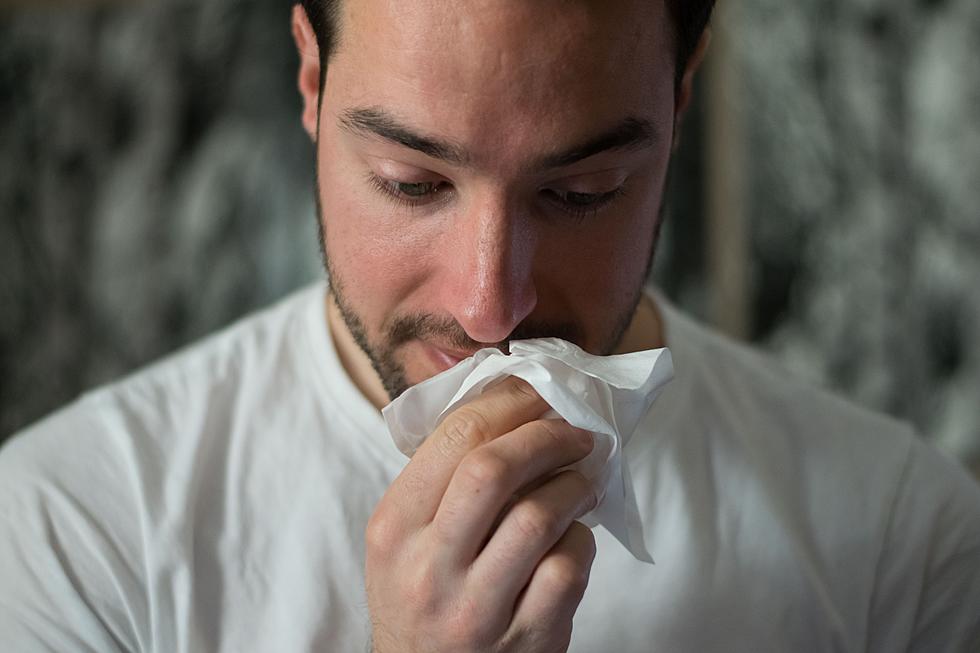Health Officials Evaluate Lessons From Sandy [AUDIO]
It's been a week since Hurricane Sandy punished the Garden State's coast and now medical professionals on the state level and private sector are evaluating the lessons learned from the storm.
At a round table at Jersey Shore Medical Center in Neptune, members of the Meridian Health Network joined Dr. Nicole Lurie, Assistant Secretary for Preparedness and Response (ASPR) at the U.S. Department of Health and Human Services joined Commissioner of the New Jersey Department of Health Mary O'Dowd to discuss operations during Sandy.
While Commissioner O'Dowd and Meridian president John Lloyd both noted from their respective stages preparation was the key for dealing with the hurricane. On a state level that meant ensuring hospitals were equipped with generators and fuel for staff to come to work. Like utility crews, the health care industry also enlisted the help of EMS assets from around the country. A mobile satellite emergency office was stationed in Brick.
However, O'Dowd said it was difficult to plan for any potential problems caused by Wednesday's nor'easter because Sandy deteriorated the coastline and caused a situation for unpredictable damage.
"Knowing we didn't have the information we needed to make those models and evaluations, we were extra careful in terms of preparing and reaching out to the health care providers that were close to the shore line."
During the storm Lloyd says one of the biggest challenges they faced was the difficulty of discharging patients.
"Given the severity of the storm we couldn't discharge patients, even though medically they could have gone home."
Additionally physicians offices were without power rendering them unable to perform many of their duties, and injured patients had to be kept there. Lloyd says that resulted in many of their hospitals were overloaded with patients.
"Most of our hospitals during last Tuesday, Wednesday, Thursday, Friday, had no beds available they also had their Emergency rooms full. At one point there were 151 patients being treated at Jersey Shore's emergency room, and they were coming in at a rate of thirty more per hour."
Moving forward the concern now from the State Health Department Commissioner is preventing the possibilities of a future wave of health issues. Protecting people from not only contaminated food and water, but the dangers of mold as well.
"One of the things we are focused on most is making sure that cleanup is done right, so they don't have a situation where there's mold in their homes. If they can avoid that they can avoid getting any kind of repertory illness as a result."
O'Dowd adds the NJ Department of Health has made additional resources available to health professionals, including inspectors to check homes for dangers.
There is also a 2-1-1 hotline established which is available to home or business owners to provide answers to food and water safety and mold remediation questions. Medical teams have been sent to shelters throughout the area as well.
Though wide-scale evacuations of hospitals weren't necessary during Sandy, Lloyd says moving forward they have to be more ready to do so if the need arises.
"There are certain things that happened here that never happened, the surge of patients is unprecedented. Going into the future we're going to have to spend more time doing contingency planning."
More From 94.3 The Point










